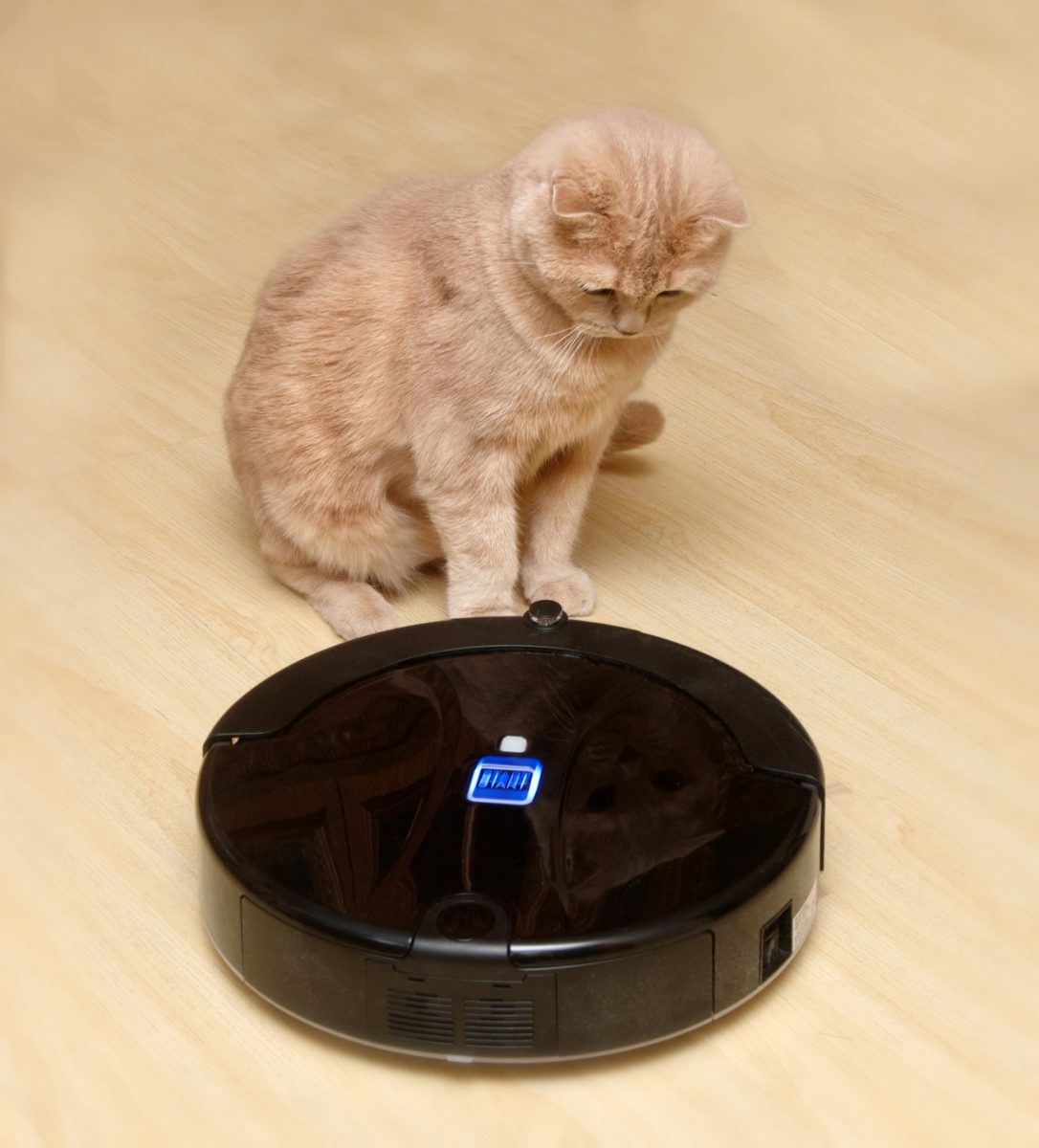This project will be the first Australian investigation of how automated technologies are being incorporated into household practices, and the expectations they promote, sustain and transform.
Home automation technologies are expected to achieve reductions in household energy costs and consumption. However, there has been no systematic investigation of the ways in which they are being incorporated into everyday life. This three-year project will be the first Australian investigation of how automated technologies are being incorporated into household practices, and the expectations they promote, sustain and transform. The study will produce important new knowledge about how to study and understand the effects of ambient and automated technologies in everyday life and their potential impact on energy consumption.
The objectives of the project are to:
- Observe and analyse how automated technologies are being incorporated into Australian household social practices, and how these practices change over time;
- Deploy innovative ethnographic and interdisciplinary methods to identify unintended or unexpected consequences of householder interactions with automated technologies and their likely energy effects;
- Analyse alignments and misalignments between expectations assumed or promoted by policy makers, energy providers and automation manufacturers and the actual lived experiences of Australian householders in smart homes or using automated technologies;
- Contribute to theoretical and methodological debates about conceptualising the role of automation technologies in everyday life, and their implications for understandings of changing energy demand.
This research is supported under the Australian Research Council’s Discovery Early Career Researcher Award funding scheme (project number DE150100278). The project is based in the Beyond Behaviour Change Research Program, Centre for Urban Research in the School of Global, Urban and Social Studies at RMIT University.

Image from Automating the smart home blog site



